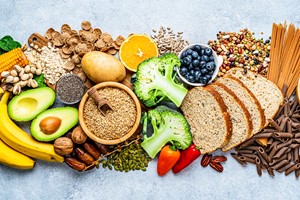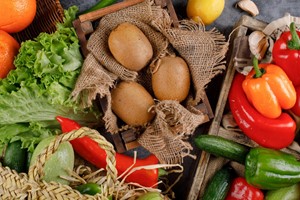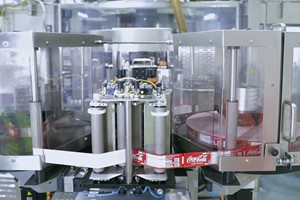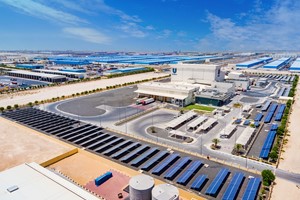In an era where environmental consciousness is becoming increasingly integral to daily life, the choices we make about what we eat have profound implications. A recent study, surveying over a thousand UK consumers, delves into the dynamics of sustainable diets, identifying key levers and barriers to accelerate change. The Sustainable Food Barometer reveals not only the awareness of the urgent need to reshape our eating habits but also the intriguing gap between aspirations and actual behaviors.
Acknowledging Urgency with Differing Priorities
A staggering 73% of respondents believe that adopting a more sustainable way of eating is urgent. However, the study highlights intriguing nuances in priorities, with 36% focusing primarily on price and 16% prioritizing taste. Surprisingly, only 4% rank environmental impact as their top consideration when navigating the aisles for groceries.
Aspirations vs. Behaviors - Bridging the Gap
While 79% express a willingness to buy local products, only 35% consistently consume sustainably produced items. A similar pattern emerges in the quest to reduce plastic packaging, where 80% claim the potential or current ability to avoid it, but only 52% consistently implement this in their daily lives.
Individual Benefits as Motivators
The study suggests that the benefits of sustainable food are more compelling when viewed through an individual lens rather than a collective one. Convincing people to adopt sustainable eating habits involves emphasizing individual benefits such as health, taste, and savings. Despite a willingness to consider plant-based alternatives (58%), a significant majority (68%) still regularly consumes meat, and 82% are regular consumers of dairy.
The study also explores attitudes toward sustainable eating outside the home, indicating a strong desire among UK respondents to make more sustainable choices at school, university, restaurants, work establishments, and events.
Foodservice Providers Taking the Lead
Recognizing the pivotal role of foodservice providers in influencing consumer choices, Sodexo, which serves around one million meals daily across diverse environments, has pledged transformative commitments. By 2030, Sodexo aims for 70% of all main meals produced in the UK to be low-carbon, coupled with a 50% reduction in food waste by 2025. The company's definition of low-carbon meals, in collaboration with WWF, is set at a footprint of just 0.9kg CO2e. Charles Abraham, Food Director at Sodexo UK & Ireland, emphasizes the need for these sustainable meals to be not only eco-friendly but also delicious and affordable, recognizing the intricate balance required for real and lasting change. Sodexo aims to set the stage for a comprehensive shift in the nation's eating habits, navigating the complexities to drive tangible change toward a more sustainable future.
hospitalityandcateringnews.com














